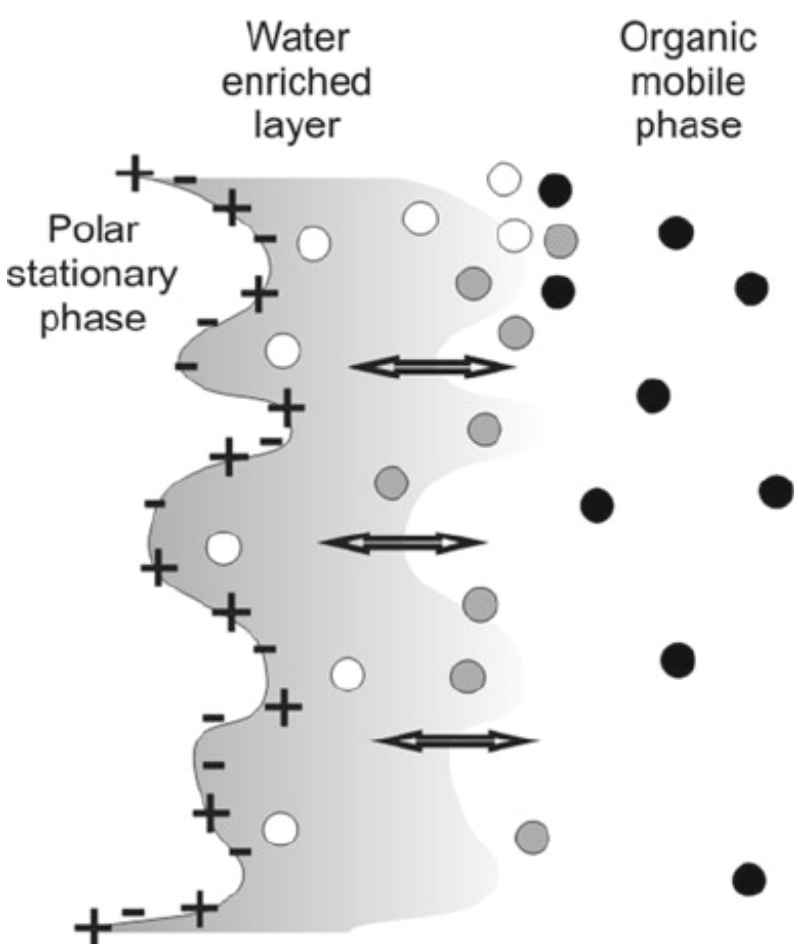HILIC-Based Modified Peptide Enrichment Service
Hydrophilic interaction liquid chromatography (HILIC) has become a powerful approach for enriching and separating peptides with post-translational modifications (PTMs), particularly those that are polar or hydrophilic in nature. By exploiting differences in polarity and hydrophilicity, HILIC enables sensitive and selective recovery of modified peptides, making it an indispensable tool for proteomic studies aimed at understanding cellular signaling, protein regulation, and disease mechanisms.
MtoZ Biolabs offers a HILIC-Based Modified Peptide Enrichment Service specifically designed for the selective capture of post-translationally modified (PTM) peptides, enhancing their detection and quantification in downstream LC-MS/MS analyses. Our HILIC-Based Modified Peptide Enrichment Service combines optimized HILIC workflows with high-resolution mass spectrometry and advanced bioinformatics analysis to ensure accurate identification, precise quantification, and comprehensive characterization of PTMs. We support a wide range of research applications, including global PTM profiling, targeted enrichment of specific modifications, and site-specific mapping, providing researchers with robust, reproducible, and biologically meaningful data for functional proteomics studies.
Technical Principles
Hydrophilic Interaction Liquid Chromatography (HILIC) separates peptides based on differences in hydrophilicity. In this approach, a polar stationary phase interacts with a mobile phase containing a high proportion of organic solvent. As the mobile phase flows through the column, a thin water-enriched layer forms on the surface of the stationary phase. Hydrophilic analytes partition into this aqueous layer, while less polar species remain in the mobile phase.
During elution, as the mobile phase gradually becomes more hydrophilic, peptides are separated according to their affinity for this stationary water layer, hydrophobic peptides elute first, followed by semi-hydrophilic, and finally strongly hydrophilic peptides. In the diagram below, the white circle represents hydrophilic analytes that strongly interact with the stationary phase, the gray circle denotes semi-hydrophilic species with moderate retention, and the black circle indicates hydrophobic analytes that elute earliest. By exploiting these polarity-driven interactions, HILIC enables the effective enrichment of modified peptides—such as those carrying phosphorylation, glycosylation, or acetylation—thereby improving their recovery, detection sensitivity, and quantification accuracy in subsequent LC-MS/MS analyses.

Jensen, P. H. et al. Methods Mol Biol. 2013.
Figure 1. Principle of HILIC
Analysis Workflow
1. Sample Preparation
Biological samples such as cells, tissues, or body fluids are subjected to protein extraction, reduction, alkylation, and enzymatic digestion to generate peptides while maintaining modification integrity.
2. HILIC-Based Enrichment
Digested peptides are separated using hydrophilic interaction chromatography. The optimized stationary phase selectively retains modified peptides based on polarity and hydrogen-bonding potential, allowing efficient enrichment and removal of non-modified species.
3. Mass Spectrometry Analysis
The enriched peptides are analyzed using high-resolution LC-MS/MS. Accurate mass measurement and fragmentation spectra enable precise determination of modification sites and peptide sequences.
4. Data Processing and Bioinformatics
Spectral data are processed through database searches and specialized PTM identification algorithms. MtoZ Biolabs provides detailed reports including modification sites, peptide coverage, quantitative ratios, and biological function annotations.
Service Advantages
✅ Superior Selectivity for Hydrophilic Peptides
HILIC technology effectively separates and enriches peptides carrying hydrophilic post-translational modifications such as phosphorylation, glycosylation, and ADP-ribosylation, providing higher specificity compared to reverse-phase or ion-exchange chromatography.
✅ Enhanced Compatibility with Mass Spectrometry
The method's high-organic mobile phase composition improves peptide ionization efficiency, reduces ion suppression, and enables more sensitive LC-MS/MS detection.
✅ High Recovery and Reproducibility
Optimized stationary phases and buffer systems ensure consistent peptide recovery and stable retention behavior, minimizing variability between technical replicates.
✅ Multiplex PTM Enrichment Capability
HILIC can simultaneously enrich multiple modification types in a single run, offering a powerful approach for global PTM analysis and crosstalk studies.
✅ Complementarity with Other Enrichment Techniques
When combined with IMAC, TiO2, or antibody-based enrichment, HILIC provides complementary selectivity, allowing deeper PTM coverage and more complete proteome profiling.
✅ Comprehensive Workflow
We provide an end-to-end solution covering sample preparation, enrichment optimization, LC-MS/MS acquisition, quantitative analysis, and biological interpretation, guaranteeing data quality and reliability.
✅ Customizable Solutions
Workflows are flexibly designed according to project objectives, sample characteristics, and modification types, supporting both targeted and discovery-based research.
Applications
1. Epigenetic Regulation Studies
By enriching acetylated and methylated peptides, the HILIC-Based Modified Peptide Enrichment Service assists in investigating histone modification patterns and chromatin remodeling processes that control gene expression and cellular identity.
2. Proteome-Wide PTM Profiling
Enables global profiling of diverse hydrophilic post-translational modifications, including sulfation, ADP-ribosylation, and citrullination, to reveal complex modification networks in physiological and pathological contexts.
3. Clinical Proteomics
Facilitates the detection of modification-associated biomarkers in biological fluids or tissues, supporting translational research and early disease diagnosis.
4. Drug Mechanism and Therapeutic Evaluation
Supports pharmacological studies by quantifying modification-dependent protein changes in response to drug treatments, enabling the evaluation of target engagement and signaling effects.
Deliverables
1. Comprehensive Experimental Details
2. Materials, Instruments, and Methods
3. Total Ion Chromatogram & Quality Control Assessment (project-dependent)
4. Data Analysis, Preprocessing, and Estimation (project-dependent)
5. Bioinformatics Analysis
6. Raw Data Files
MtoZ Biolabs remains committed to delivering high-quality, customized proteomics solutions that accelerate scientific discovery. If you are interested in our HILIC-Based Modified Peptide Enrichment Service, please feel free to contact us.








